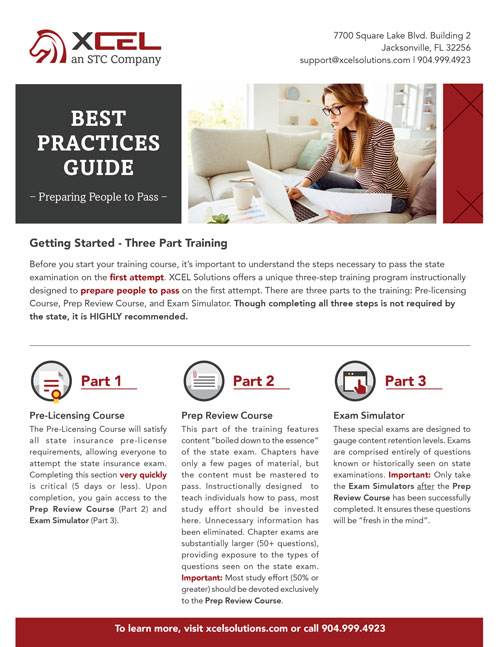Imagine you could secure a new client in about the time it takes to ride an elevator, from the top floor to the bottom. An elevator pitch lets you do exactly that. It’s a brief synopsis of your background, skills, and experience in the insurance sector. Do it right, and you’ll win over a new client in about 30 seconds or less. Here are some useful tips to help perfect your elevator pitch:
Unless you’re riding the elevator at the Empire State Building, the average elevator ride is just 30 seconds. That’s about 75 spoken words. That’s not a lot of time to get your message across. Still, the beauty of the elevator pitch is in its simplicity. You will need to convey the most amount of information in the quickest amount of time.
2. Have a Strong Beginning
Research shows that you only have 8 seconds to make a good first impression. That’s about a quarter of the length of your elevator pitch, so cut out the waffle and get straight to the point. Your beginning needs to be strong. Don’t bother with a lengthy introduction. Just state your name and a quick fact to generate interest.
Here’s an example: “Hi. I’m James Smith, and I’ve just won the award for the best insurance agent in Long Island, New York.”
3. Tell the World About Your Clients
You will want to position yourself as an experienced insurance agent, even if you have only recently graduated from a training program. In your elevator pitch, briefly explain which clients you have worked with. If you have lots of experience, you won’t have time to name them all, but then nobody likes a gloater anyway, right? Pick two or three of your most important clients and include these in your pitch.
“You should mention the type of people, or companies, with whom you want to work or with whom you already have alliances,” says Sentry. “This way, you make it clear to the listener the client profile you are looking for, and they will be able to identify with you.”
4. Provide a Solution to a Problem
Clients will want to know about the problems you have solved in the past. After all, they already understand the issues in the insurance sector — high premiums, competition, inflation, economic instability, etc. Tell them how you provided a previous client with a solution — even if it was just finding the perfect policy that saved them hundreds of dollars on their auto insurance.
5. Maintain Curiosity
Don’t bore your clients. You will want to maintain a level of curiosity throughout your elevator pitch so people ask you questions and check out your website and social profiles. Elevator pitches belong at the top of the sales funnel — long before you nurture leads and turn them into customers.
You can also hand out a copy of your resume after your pitch, which will include much more detail about your background, skills, and experience.
“Want to make sure they remember you? Offering your resume is a great follow-up to a solid elevator pitch,” says Monster. “For example, after you deliver your pitch, you can say, ‘I’d love to send you my resume if you’re interested.’”
A good elevator pitch will make or break your career as an insurance agent. Whether you have recently passed your insurance agent training course or have years and years of experience, an elevator pitch will increase engagement and generate new leads. Include all of the things above in your pitch.




